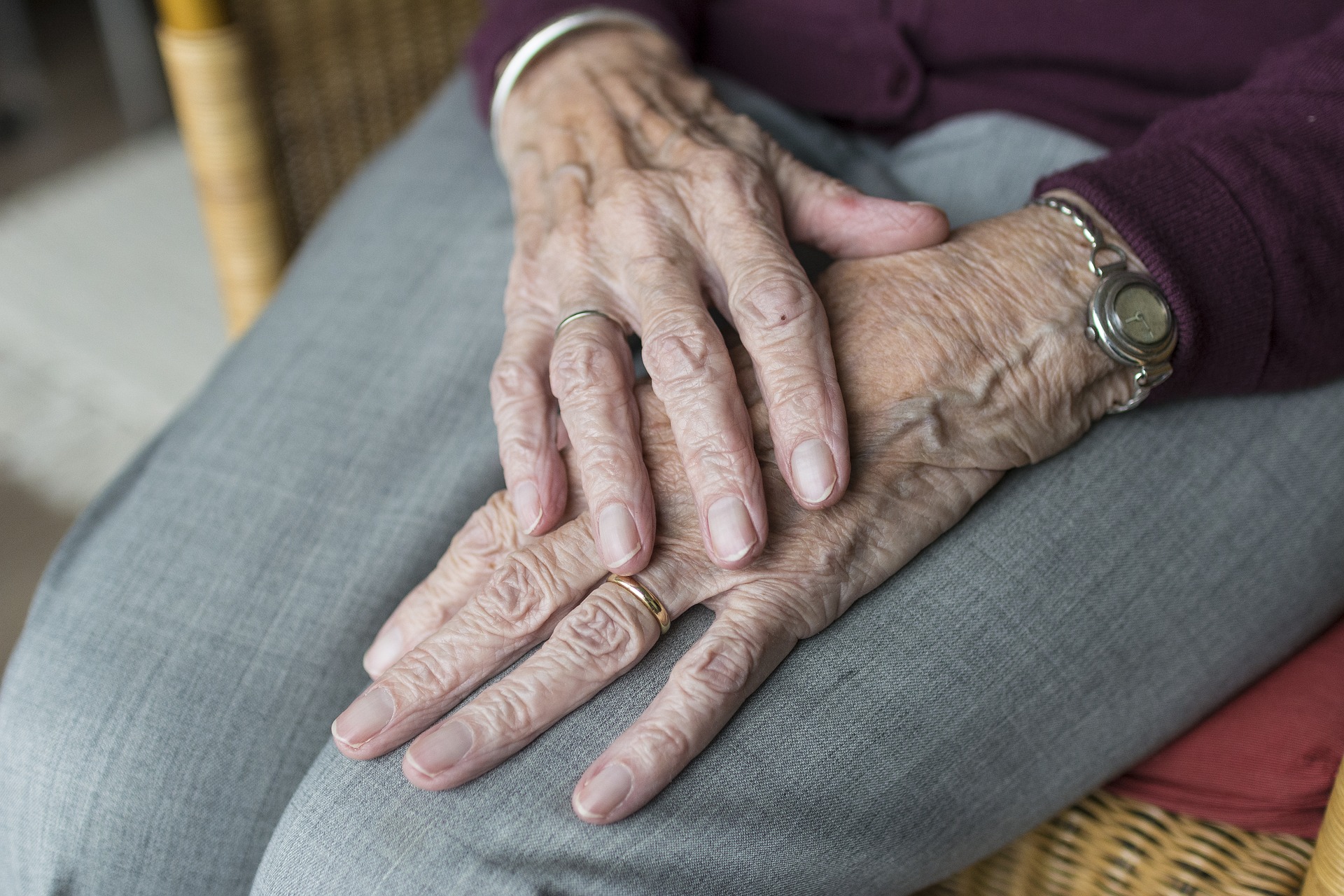PHILIPPINES – Climate crisis does not discriminate. But while worsening typhoons and droughts affect everyone across the globe, they do not impact all in the same way and with the same severity. In an agricultural country like the Philippines where farming is the source of livelihood for many, natural calamities do not only damage crops but risk property, animals and even families. With the country being particularly vulnerable to climate change impact because of its location, farmers, many of them landless and have had to endure many disasters on their own, are now even more hard-pressed amid more frequent and destructive typhoons and floods and longer periods of dry spell. It doesn’t help that they have limited to no capital to fund farming inputs and yet have to sell their crops at much lower prices.
These are the key issues highlighted at the “Feeling Climate Change to the Bone” webinar co-hosted by the Department of Management and Green Lab of Monash University. Inspired by experiences of people on the ground, the webinar held last September 6 tackled the stories of hardships, hope and resiliency of farmers and farmer groups and the power of community as they deal with the impact of climate change, in particular food security.
Hosted by Associate Professor Jagjit Plahe from the Monash Business School, the webinar put a spotlight on the members of MASIPAG (Magsasaka at Siyentipiko para sa Pag-unlad ng Agrikultura), a farmer-led network of landless agricultural workers, Indigenous Peoples, NGOs and scientists in the Philippines. Speakers from MASIPAG generously shared a glimpse into their lives, shedding light on the devastating effects of the climate crisis and discussing how they continue to battle this global problem.
The destruction of both crops and properties caused by stronger typhoons provided the context for one of the talks during the webinar. With the lack of proactive systems in place, losing crops and homes to floods caused by typhoons has become a universal story experienced by most local farmers. One of the speakers, Virginia ‘Nanay Virgie’ Prudente Nazareno, chairman of the MASIPAG board of trustees, shared how tropical depression Winnie and typhoon Yoyong left her family with almost nothing. Nanay Virgie recalled being in a daze for days after the devastation but realizing soon enough that she had to stand up together with her family and start anew.
While acknowledging the many challenges, the farmer-speakers from MASIPAG agreed there is always something that keeps farmers and agricultural groups from giving up. That something is the bayanihan spirit, the drive to build and support a community and ensure a better future for the farming industry. MASIPAG farmer-trainer and BAKAS (Buhi nga Aksyon para sa Kauswagan kag Pag-amlig sang Seguridad sang Mangunguma kag Mamumugon) leader Rodolfo F. Cortez Jr. said bayanihan has enabled them to create partnerships among farmers, scientists and NGOs to achieve common goals. Teaching sustainable agriculture practices, providing livelihood opportunities, opening community pantries to help others in times of need, and instilling a deep sense of solidarity and support for the community is bayanihan in action.
Alfie Palumbarit, national coordinator of MASIPAG and current head of the MASIPAG Climate Change Resiliency program, notes how climate change is not just a climate issue but a social justice concern. While the effects of climate change affect everyone, he says the impact is most severe among the most vulnerable such as those in developing countries. As if natural disasters are not enough, farmers also face injustices in the form of threats, intimidation, and violence. Many poor and landless farmers are taken advantage of, women face gender-based violence, and Indigenous Peoples are displaced and relocated to uninhabitable lands. Palumbarit also laments how technocentrism and current approaches to the climate crisis fail to really address the problem and instead allow developed nations and multinational corporations to further exploit the earth’s resources while developing countries are restricted in their development activities even as they suffer the brunt of the global problem.
Having been in collaboration with MASIPAG for six years now, Monash University believes in talking about and addressing climate change and its effects as these are experienced on the ground. In a study conducted by Monash University and the University of Newcastle on social movement organizations in the Philippines, Professor Sarah Wright, Future Fellow in geography and development studies at the University of Newcastle, highlighted the importance of co-developing stories and analyses with the ones most affected in order to better understand the complex issues of climate disaster.
Professor Gavin Jack, head of the Department of Management at Monash University, emphasized the importance of revisiting the climate change narratives and solutions from big corporations and developed nations, noting how technology-centric approaches are lacking. He highlighted instead the power of understanding local communities and grassroots experiences, adding that place-based solutions and actions rooted on the lived experiences of farmers should be the priority. Farmers are not simply passive receivers of help but rather partners in change and innovators, Jack notes.
“Market-based solutions, technological innovations from private corporations, while they may have some potential benefit, cannot solve climate change problems themselves. This technocentric view, this dominant framing is a very partial way of understanding climate change,” shares Jack.
Reflecting on the issues discussed by Filipino farmers, Prof. Wright likewise pointed out the importance of hearing from people on the ground. She encouraged the webinar attendees to engage more deeply, listen more intently, think more openly and act with greater solidarity in the face of these challenges toward working for long-term solutions.
The webinar, attended by 50 participants from the Philippines and Australia, along with several studies, white papers, and projects, is part of Monash University’s commitment to address climate disaster and support communities that suffer the most from it. The first Australian university to commit to net zero carbon emissions by 2030, Monash University strives to achieve a Net Zero renewable energy future. Empowering communities, maximizing the power of AI and partnering with groups to offer solutions are at the core of Monash University.
To access its studies and learn more about learning opportunities, visit Monash University’s official website.
















